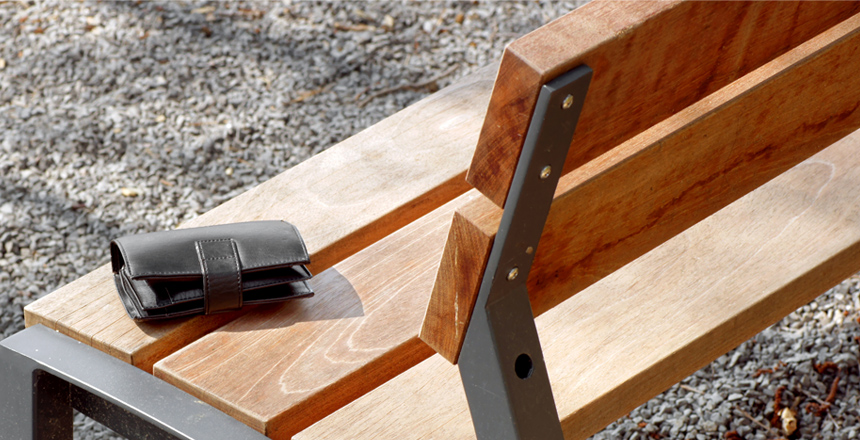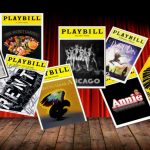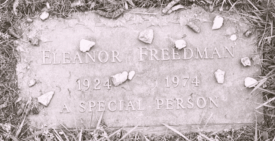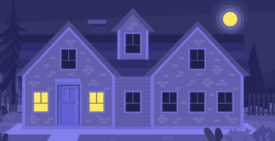Where do the things we lose go?
I had this book when I was six. It was about a witch who dressed up her beautiful daughter to look horrid and “ugly” so that she would win the annual ugly pageant. The moral of the story is that beauty and kindness will always prevail over wickedness, warts and crooked noses. That’s just the way stories end. Lost things get found. The princess gets woken up. Happily ever after etc.
Or at least that’s what I remember. The book parted ways with me when I went into foster care at fourteen. My mother’s trailer was towed and all the belongings I forgot to collect and bring with me were impounded along with it. Where did it go though? Were my things brought to Goodwill and sold throughout Santa Cruz? Did some 8-year-old get a copy of my book and think “Hey! Some messy kid scribbled all over this great story!”
Related
Or did everything get tossed into black plastic trash bags and sent to the dump? Maybe a worm is crawling along my 8th grade art portfolio, trying to find soil in the heap of lost belongings.
My mother died 18 days before I started writing this. Seventeen if you go by the death certificate, even though my sister, sitting by her side, knew she was gone the moment she saw her sleeping chest go still.
Now people are sending me flowers and cards. A colleague I barely know gave me a two-minute hug while whispering, “I’m so sorry” in my ear. I am so sorry for your loss. Yet another lost thing in my life, and still the question is unanswered.
Where did she go? She wasn’t impounded. If you are a good Christian you are taught to believe that everyone has a special place they can be hauled off to after they die. Somehow I doubt a religious person would be okay with me saying my mother was impounded to heaven, or hell for that matter. She was nasty in the last few years of her life. Not that she wasn’t justified. Dying from cancer sounds painful. I remember the screams and moans she would let out when she first started to show symptoms. I still hear them.
She wasn’t forgotten somewhere like the wallet I had a few years back, the one that I still sometimes wish I’d been more careful with. Imagine my sick mother on a park bench, waiting for someone to realize they dropped her from their pocket. Death doesn’t happen that way. I know. My mom is the third person I have “lost” in the past five years. Unlike the contents of my wallet, there’s no credit card company I can call to replace everything my mother contained.
How long after you lose someone until you are normal again? When do people stop looking at you, wondering what to say? Nobody mourned the loss of my last car, Jackie, when she was totaled on the highway. That car was good to me for five years, but no one from my insurance company felt the need to give me an awkward hug and whisper I’m so sorry. I’m so sorry about your car.
I consider my house full of organized chaos. Heaps of things sit on my desk looking disarrayed, but if ever someone moves them I know exactly what was misplaced, exactly what is there and missing. This is closer akin to losing a person. Organized loss. Not the same, but closer. Someone is there in one part of you, and then you lose them and you know exactly which corner of your heart hurts.
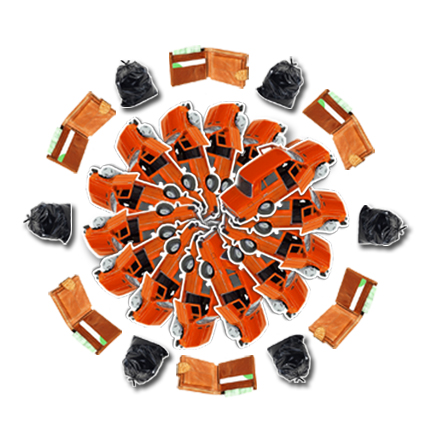
My mother was a single parent, so her death leaves me parentless, with no one to call, no one to reference for things I’ve forgotten. It’s as though my whole family tree were struck by lightning, leaving behind a sad little branch with a few leaves on it. If I get married my side of the audience will be crickets and my little sister, unless she starts spitting out children to regrow our charred little tree. My mother’s death isn’t a loss. It’s an event. A day. It’s a confusing, disjointed, emotional natural disaster. There is nothing that can put itself in the place of a parent and fill the part of the heart that knows she is no longer a being on this planet.
I’ve lost a lot of things in my life. I’ve had my things impounded, sold, and thrown away. Misplaced. Stolen. Totaled. None of these things compare to death. Death isn’t loss, a misplaced item I can later find. I can replace a wallet, but I cannot replace my mother.
Jamaica Glenn is a carpenter at the Tony-winning Berkeley Repertory Theatre. She is also a member of the Executive Board at Camp Opportunity, a nonprofit which provides a unique camp experience for foster children and other at-risk youth in Santa Cruz county.
You can find out more about Camp Opportunity here and make a tax-deductible donation here.
Collage by Ruby Dutcher. Images from 123rf.


